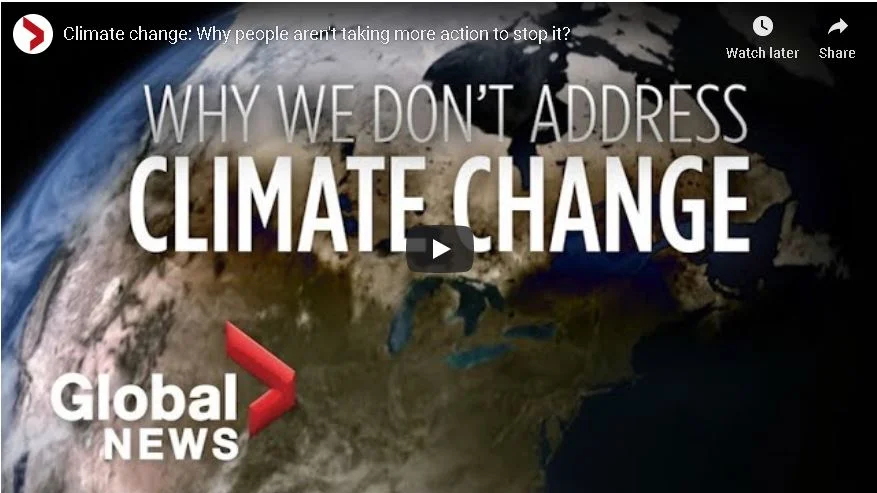Last year was the hottest on record for the ocean, an upward trend only expected to continue as it wreaks havoc on coastal communities and spurs irreversible losses to marine ecosystems. Ocean warming has cascading effects, melting polar ice and causing sea-level rise, marine heat waves and ocean acidification, the United Nations’ panel of climate experts made clear on Monday. Sea-level rise has doubled in the last three decades, reaching a record high in 2021, the Intergovernmental Panel on Climate Change (IPCC) reported. Rising seas, coupled with more extreme weather, are setting the stage for a perfect storm of flooding for coastal communities.
B.C. Climate News Nov. 14 to Nov. 20: UN talks poised for deal creating disaster | Trees in cities struggle from drought | Indigenous people an 'afterthought' as world leaders gather
Here’s your weekly update with what you need to know about the global and ecological crises and the steps leaders in B.C. and around the world are taking for the week of Nov. 14 to Nov. 20, 2022. COP27 goes into overtime as Canada continues to face criticism on oil and gas stance, UN climate talks poised for deal creating disaster fund, Indigenous people an ‘afterthought’ as world leaders gather to confront climate change, As climate change progresses, trees in cities struggle The UN’s Intergovernmental Panel on Climate Change has warned for a decade that wildfires, drought, severe weather, such as B.C.’s deadly heat dome last June, and flooding would become more frequent and more intense because of the climate crisis.
Canadian delegation to tell COP27 about oceans' role in fighting climate change
Lying in plain sight and lapping against our shores is what scientists describe as an unsung hero that has been quietly absorbing heat and keeping the world’s temperatures under control. And over the coming days, a group of Canadian researchers hopes to persuade the world that the ocean has a crucial role to play in fighting climate change. Prof. Anya Waite is leading a delegation from Dalhousie University’s Ocean Frontier Institute to attend the 27th annual Conference of the Parties of the U.N. Framework Convention on Climate Change — better known as COP27 — in Sharm el-Sheikh, Egypt, starting Sunday. They plan to share ways the deep blue carbon sink acts as a buffer and impacts climate forecasts.
Water shortages and yearly floods: Canada won’t escape climate crisis, UN report says
Damage to Earth’s oceans and glaciers from climate change is outpacing the ability of governments to protect them, a new report from an international scientific panel concludes. “The capacity of governance systems in polar and ocean regions to respond to climate change impacts has strengthened recently,” says the Intergovernmental Panel on Climate Change. “But this development is not sufficiently rapid or robust to adequately address the scale of increasing projected risks.”





